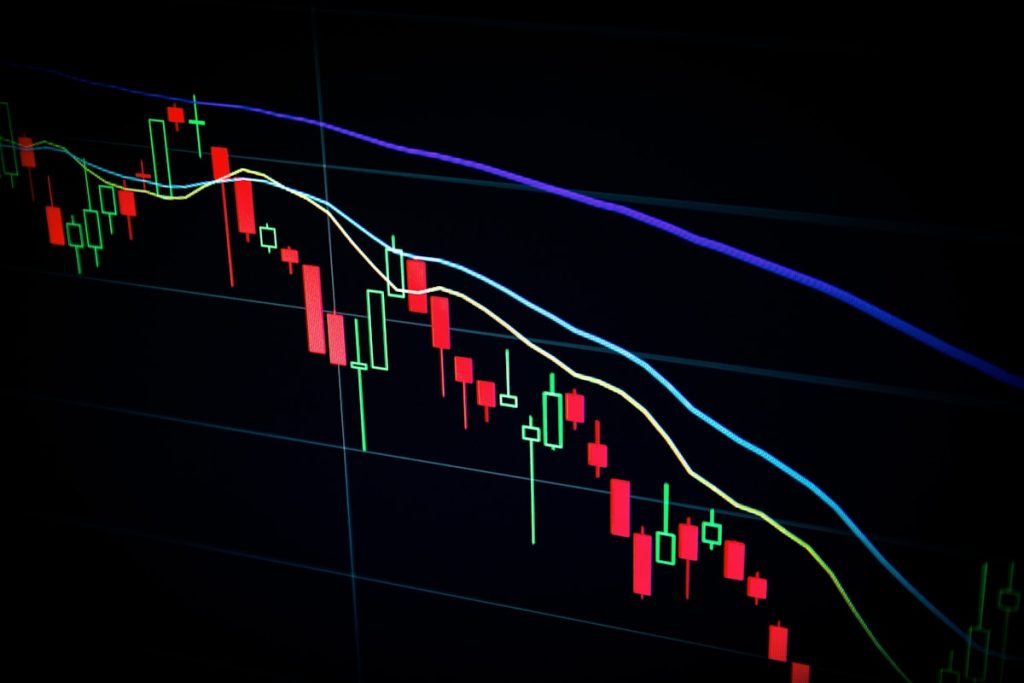Stocks Close Lower After Trump’s New Tariffs, Weak Jobs Report
Market Slides Amid Trade and Economic Uncertainty
U.S. stocks closed sharply lower on Thursday as investors reacted to renewed trade tensions following former President Donald Trump’s announcement of additional tariffs and a weaker-than-expected jobs report. The Dow Jones Industrial Average fell 1.2%, while the S&P 500 dropped 1.5% and the Nasdaq Composite slid 1.8%.
Trump’s Tariffs Spark Trade Concerns
Former President Trump unveiled plans to impose a 10% tariff on over $300 billion of imported goods if re-elected, targeting countries he claims engage in unfair trade practices. The proposal reignited fears of a global trade war, particularly with China and the European Union. Analysts warned that such measures could disrupt supply chains, raise consumer prices, and slow economic growth.
- Industrials and technology sectors led declines, down 2.3% and 2.1%, respectively.
- Automakers and semiconductor stocks were hit hardest due to reliance on international markets.
Weak Jobs Report Adds Pressure
The Labor Department reported nonfarm payrolls increased by 150,000 in October, below the expected 180,000, while the unemployment rate rose to 4.1%. Wage growth also slowed, suggesting cooling labor demand. The data fueled concerns that the Federal Reserve may delay interest rate cuts despite persistent inflation.
- Retail and hospitality sectors showed the weakest job gains.
- Manufacturing employment declined for the third straight month.
Market Reactions and Investor Sentiment
Investors flocked to safe-haven assets, pushing Treasury yields lower. The 10-year yield fell 12 basis points to 4.25%. Meanwhile, the U.S. dollar strengthened against major currencies, adding pressure on multinational corporations. Market volatility, as measured by the VIX, surged 18% to its highest level since March.
“The combination of trade risks and soft economic data creates a ‘wait-and-see’ environment,” said Jane Collins, chief strategist at Horizon Investments. “Until there’s clarity on tariffs and the Fed’s path, markets may remain choppy.”
Looking Ahead
Focus now shifts to the Federal Reserve’s policy meeting next week and upcoming earnings reports from major retailers. Analysts warn that prolonged trade uncertainty could lead to downward revisions in corporate profit forecasts, particularly for companies with significant overseas exposure.



